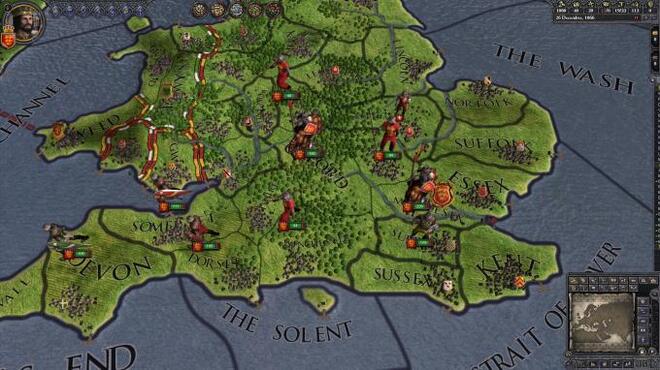

Often challenging, requiring long-term strategic thinking and the ability to interpret data while at the same time expecting you to be able to react to new problems as they appear. These are games that make for enjoyable diversions when you have a lot of time to fill.

You will start to receive emails from The New Statesman. SUBSCRIBED THANK YOU Thank you for subscribing. Over the years such games have brought me a lot of happiness, mixed in of course with a few hours of outraged disbelief tinged with despair at the evil sense of humour displayed by the random number generators in Europa Universalis 4 and Victoria 2. Also the Total War series, the scope of which has been growing consistently over the years to the extent that in the most recent offering, Rome 2, the titular wars feel almost like an afterthought. Other games have also appeared with different approaches to the theme, such as those made by Paradox Interactive, whose various series mesh together to create an almost unbroken chronology from the Dark Ages to the Cold War. Over time, however, the Civilization games have grown more complex and more comprehensive, with more civilisations to choose from and a greater range of factors to consider. The roots of the Civilization games lie in board games like Risk rather than in attempts to simulate the development of a nation. Way back when these games first started to appear in their recognisable modern form, arguably with the birth of the Civilization series in 1991, things were kept fairly simple.


 0 kommentar(er)
0 kommentar(er)
